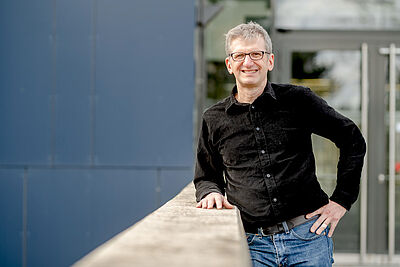"It is a great pleasure that we were so convincing with the work and offerings of Cube 5 and now receive further funding. This gives us the opportunity to firmly anchor Cube 5 in Bochum as an IT security location and to continue to produce promising technology-driven start-ups from academia," says Prof. Dr. Christof Paar, Cube 5 project leader and director at the Max Planck Institute for Security and Privacy.
Background
Cube 5 has already received its first funding from the BMBF in the context of the research framework program "Self-determined and secure in the digital world 2015-2020". This funding supported three other incubators in addition to Bochum. These four incubators started on December 1, 2017 under the initiative "StartUpSecure" and have since become the first incubators from IT security nationwide.
IT security in Bochum
At the Bochum site, the topic of IT security is being established and expanded. The ecosystem consists of a local and national network of science and business. This includes Europe's largest degree programs in the field of ITS with about 1,000 students, an active startup scene and, since 2019, the Max Planck Institute for Security and Privacy. As an incubator, Cube 5 supports researchers and students interested in founding companies who want to implement technology-intensive ideas in the field of IT security.
The goal
Cube 5 helps with start-up know-how and technology development right through to the establishment of a company. Specific services include consultation hours, seminars, pitches, and assistance with applications for the StartUpSecure funding program. With this funding, the BMBF provides monetary support to start-up projects in the product development phase or during the establishment of the company.
Continuation
With the help of these Cube 5 support services, research is transferred into practice. These services are to be intensified and expanded with the funding. In addition, the second funding phase will be used to establish and consolidate Cube 5 as a permanent incubator beyond 2024.
General note: In case of using gender-assigning attributes we include all those who consider themselves in this gender regardless of their own biological sex.


